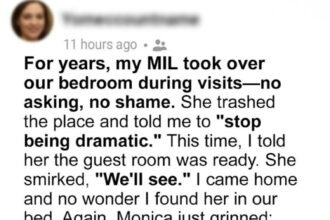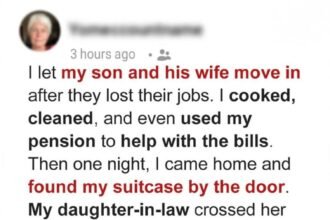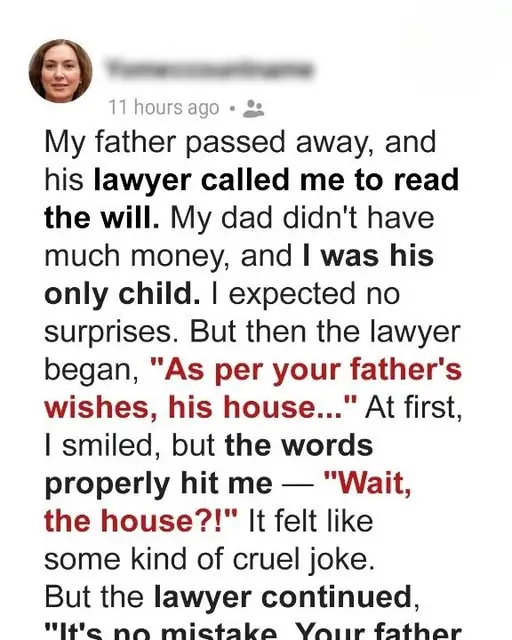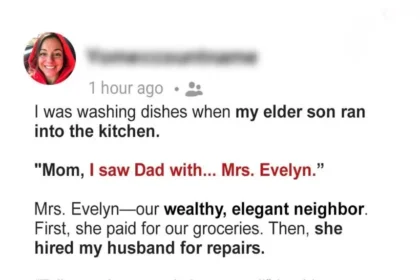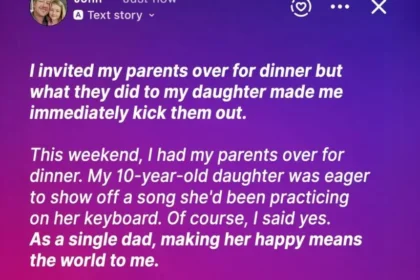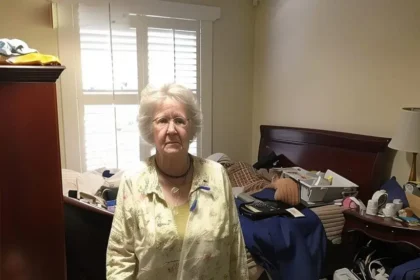All of my rage vanished, to be replaced by sorrow and bewilderment.
The days before the court date were peaceful but anxious.
I walked around the house with Deborah like we were strangers on opposite sides of a battlefield. Our conversation was brief and acerbic, and we hardly spoke at all.
I thought about my father, the house, and what Deborah had told me about our common history.
My heart was heavy when the day finally came. The decision was unambiguous: Deborah was entitled to the house.
She was the legitimate owner because she had lived there for years, paid the rent, and kept it up.
As I stood outside the courthouse, I could feel the weight of failure pressing down on me. My father had left me the house, but it was no longer mine.
I pulled my suitcase to the front door of the house. As I got ready to go, I sensed Deborah watching me from the kitchen.
I broke the silence by saying, “Well, I suppose this is farewell.”
“Hold on,” Deborah replied quietly.
Confused, I turned.
“What is it?”
“I’ve been contemplating,” she uttered quietly. “I cannot bear for you to go. I’ve been hating and blaming myself for everything I did for years.
And I let all of that out on you when you arrived. However, Emily, you are my daughter. I do not wish to lose you once more.”
I was frozen by what she said.
“Are you serious?”
“I want us to give it a shot. Even if this isn’t ideal, I want us to correct it. I apologize so much.”
I gazed at her, taking in the significance of what she had said.
Without giving it any thought, I moved forward and gave her a hug. Her arms encircled me tightly as she first tensed up and then relaxed.
“I apologize as well, Mom.”
We cleaned, organized old boxes, and uncovered memories throughout the course of the next weeks. The house gradually changed from a battlefield to a healing space.
I discovered that forgiveness and starting over are key components of family.



